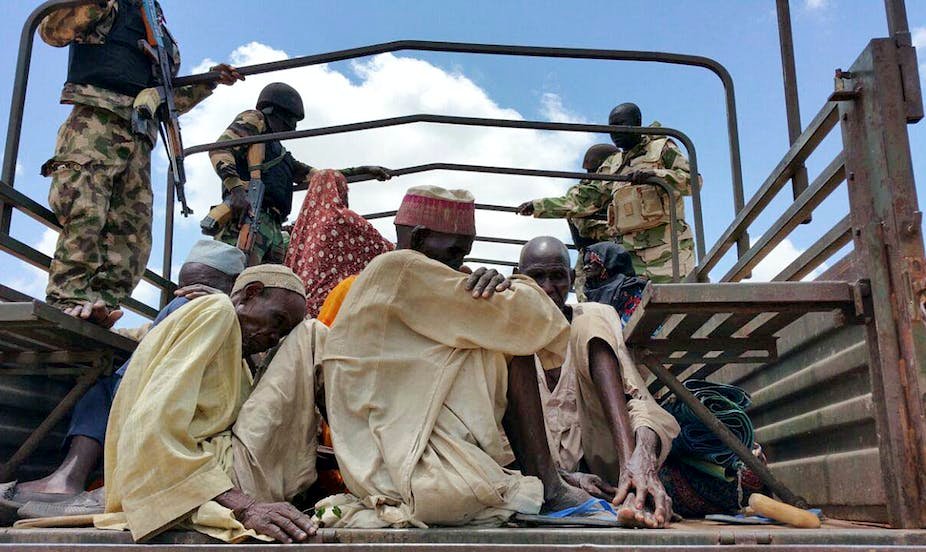By Abdullahi Yusuf
Civil Society Organizations(CSOs) in the 19 Northern states under the aegis of Conference of Northern States Civil Society Networks,have decried the rising spate of insecurity in the region,describing the trend as unprecedented.
Chairman of the group, Ibrahim Waiya,made the remark at a news conference in Kano on Saturday.
“The continuous killing of people, child trafficking, banditry, displacement of communities and kidnappings across the country, especially in some States of the North, such as Katsina, Plateau, Sokoto, Niger, Kaduna and Zamfara States, re- surfacing of the insurgency in the North East, is so unprecedented.
“The dimension at which the security for lives and property of the Nigerian citizens, which is fast declining, puts citizens into more fear, hopelessness and uncertainties.
“We acknowledge the efforts of some governors like Sokoto, Borno Kaduna Zamfara, Katsina for their resilience in curtailing the insecurities in their States.
“However, President Ahmed Bola Tinubu, must hold himself and the security agencies accountable, for the ongoing insecurity in the country, and should develop a key performance indicators (KPI) of not more than 6 months, for the security agencies to be assessed for accountability.
“We urge the National Security Adviser to coordinate the synergy between the Service Chiefs for optimal combating of insecurities,” Waiya said.
According to him, President Tinubu’s government is performing far below expectation in terms of security in the country, especially in the Northern region.
He noted that with the appointment of the new service chiefs in the country, and huge investment in the security sector, citizens’ expectation is that, by now, security of lives and property should have been brought to the bearest minimum level.
The Chairman then advised President Bola Tinubu against interfering in the election cases for Kano, Zamfara and Plateau states that are before the Supreme Court awaiting judgement.
According to him, any attempt to manipulate the Supreme Court judgement could truncate the Nigerian democracy, an offence that he said, “would never be forgiven by the entire democratic communities around the World, and may lead to chaos, more insecurity and conflicts across the country.”
He also advised the Nigerian Judicial Council, NJC to “adhere to the latter ethics and practice of their profession, in accordance with the law, as the custodian of justice and rule of rule.”
Waiya states that the Conference “expressed deep concern about the current state of the judiciary in Nigeria.”
“The conflicting judgments being issued by various courts of the same jurisdiction have created a sense of confusion and frustration among the citizens. Unfortunately, this has led to a loss of trust and confidence in the judiciary.
“The integrity and effectiveness of our legal system are essential for maintaining public trust and upholding the rule of law.
“We believe that the Judicial Service Commission has the responsibility and authority to make the necessary reforms to restore faith in the judiciary,” he said.

